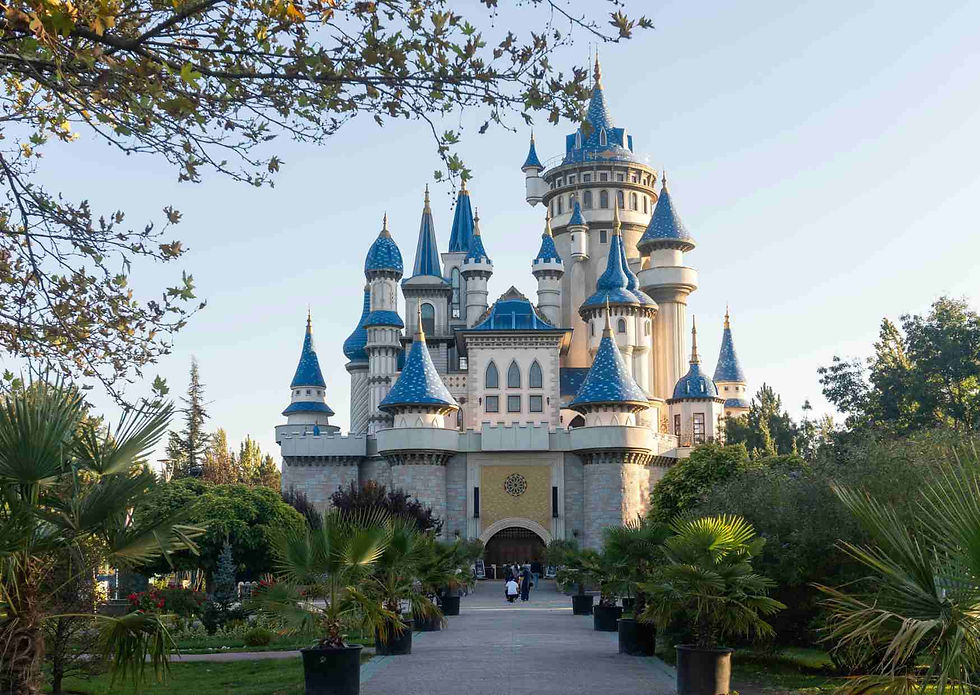EXPLORING THE NATIONAL PARKS OF AFRICA
- DE MODE

- Jun 5, 2025
- 2 min read
ORIGINALLY PUBLISHED IN DE MODE
Article Published on: 05TH JUNE 2025 | www.demodemagazine.com
Africa is home to some of the world’s most breathtaking national parks, offering an unmatched blend of wildlife, landscapes, and cultural experiences. From vast savannahs to lush wetlands and dramatic mountains, the continent’s protected areas are windows into the raw beauty and ecological richness of the natural world.
One of the most iconic parks is Serengeti National Park in Tanzania, renowned for the Great Migration—where millions of wildebeest and zebras journey across the plains in search of fresh grazing. Visitors can witness dramatic predator-prey interactions and enjoy unforgettable game drives under the African sky.

In Botswana, Chobe National Park is famous for its large elephant populations and scenic boat safaris along the Chobe River. It’s one of the best places to see wildlife up close, from hippos and crocodiles to lions lounging in the grasslands.
Kruger National Park in South Africa offers one of the most well-developed safari experiences, complete with luxurious lodges, self-drive options, and a chance to spot the Big Five—lion, leopard, rhinoceros, elephant, and buffalo.
In Uganda and Rwanda, Bwindi Impenetrable Forest and Volcanoes National Park provide rare opportunities to trek into dense forests and encounter endangered mountain gorillas in their natural habitat—an awe-inspiring and deeply moving experience.
Africa’s national parks are not just about animals. They also protect ancient cultures, delicate ecosystems, and stunning geological formations. Places like Namib-Naukluft Park in Namibia showcase towering sand dunes and desert-adapted species, while Kenya’s Hell’s Gate offers hiking, biking, and geothermal wonders.
Exploring Africa’s national parks is not only an adventure but a journey into the heart of conservation and biodiversity. These protected lands serve as vital sanctuaries for wildlife and as powerful reminders of our responsibility to protect the planet’s natural heritage.



Comments